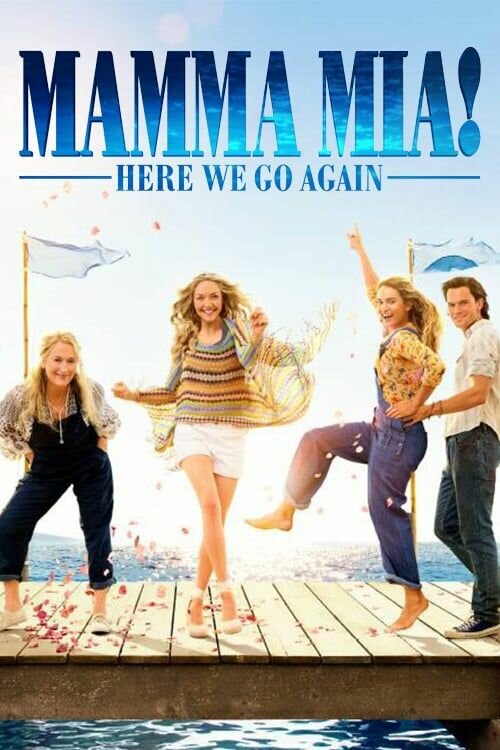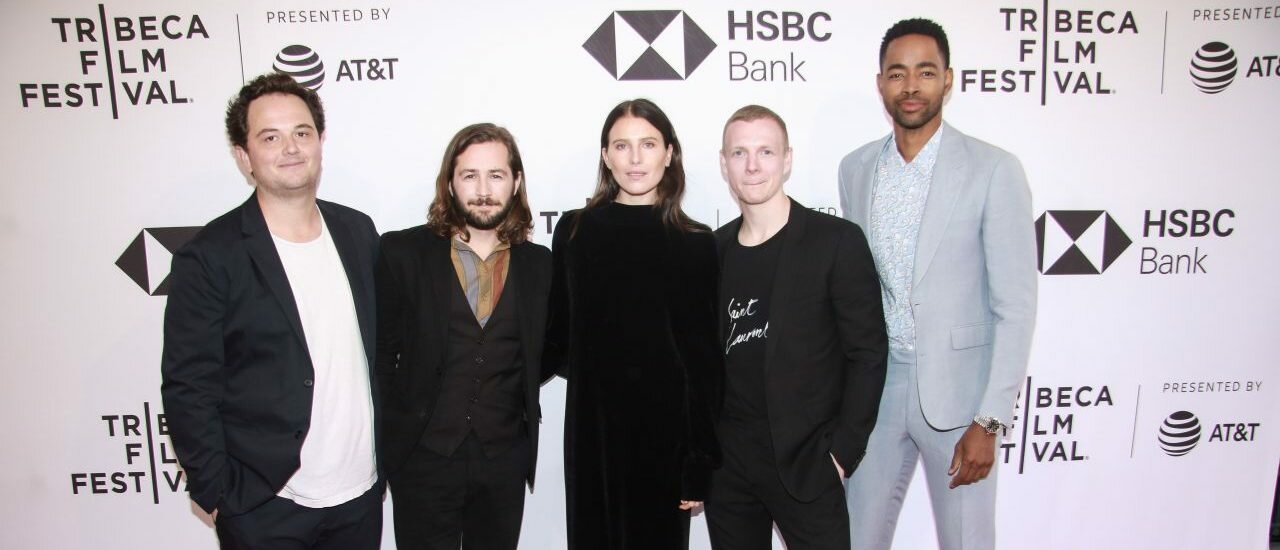AVENGERS: AGE OF ULTRON REVIEW
By: Carl Cottingham
Marvel! At this point, is there really a need to talk about the importance of this brand in the film industry? By now, everyone in the world knows this comic book company and its famous movie studio. They’ve successfully introduced the concept of the ‘universe’ onto the screen, the idea that all their films (or TV shows) take place in the same world with the same characters and often at the same time as other stories. However, there has been a problem with this approach: familiarity.
I wrote in my Daredevil review that these films, excluding the Captain America series, all have this sort of ‘cookie-cutter,’ ‘straight from the factory’ feel to them. Traces of Whedon’s witty dialogue ran throughout every aspect of this shared universe, creating a feeling of lighter affairs within gargantuan conflicts. I found nothing wrong with this; however constant exposure to this tone can bore audiences. Additionally, Marvel often runs into the problem of setting up the next film to the detriment of the film that audiences are currently watching. Unfortunately, Avengers: Age of Ultron finds itself stuck in this complacent set-up period.
Not to be mistaken, I do genuinely like some aspects of this movie. One of the unwritten, but widely known rules of franchise filmmaking is, for a sequel, you have to go big or go home. The scale to Ultron is international this time around from New York City to Johannesburg to Seoul. The action is more spectacular, grand and epic in scale, yet maintains the delicacy of a ballet. It’s nearly poetic watching the opening sequence: the storming of a HYDRA fortress high in the snow-swept mountains of Eastern Europe. Later on, the fan-demanded Hulk versus Iron Man ‘Hulkbuster’ smashes through the screen in a spectacle sequence. Through all of these battles, the character interactions are still spot-on, thanks largely to Josh Whedon’s direction and script. The relationships are solid and the rivalries that exist are still fascinating to watch.
However, what Ultron suffers from is a case of overstuffing. You have to be very well versed in Marvel lore to understand the significance of what is going on in the film, what the film is setting up, and the fallout of what will happen. Some subplots and concepts appear out of left field such as a romance between Scarlett Johansson’s Black Widow and Mark Ruffalo’s Bruce Banner (Hulk) and others go nowhere such as the quest to understand Thor’s (Chris Hemsworth) vision. For example, a frustrating plot-hole exists between Ultron (James Spader) and the new characters Quicksilver (Aaron Taylor-Johnson) and Scarlet Witch (Elizabeth Olsen), seemingly aimed to justify the inclusion of these “miracles” into this film. On their own, the twins all but fail to flesh out their characters beyond “she’s weird and he’s super fast” to quote the movie. Vast amounts of the runtime are evenly split between memorable action sequences and characters exchanging snippy remarks and one-liners. As a result, the story ultimately suffers.
You may have noticed that I have not talked about Ultron yet. This is because there is not much to Ultron besides Stark-like snark and a rather amusing design. James Spader delivers a fine performance with what he is given, even if it does seem like it’s his “The Blacklist” character Red Reddington with a genocidal/robotic edge. The witty, yet sadistic character ultimately fails to make a truly memorable impact. Though, to be fair, Ultron singing “No Strings on Me” is going to cause me to rethink how I see “Pinocchio” for some time.
If you were to force me to choose between the Avengers films I would still be unable to decide which movie was better. In my opinion, both films do certain things especially well and are weak in other areas. But on the whole, I consider them roughly on the same level. At the end of the day, however, Ultron is not designed to tell a story: it is meant to be the launchpad, the groundwork for the inevitable Phase 3 of films. Yes, you’ll have good moments and great action but at the end of the day we still have a film that is all about setting up Civil War and the Infinity War. It’s no surprise that Thanos (Josh Brolin) pops up in the mid-credits scene to rattle off some more jargon about the Infinity Stones. I realize that I’m bordering on cynicism, but it does make you wonder: how long can Marvel actually keep this train rolling? They need to understand that they can’t just have set-up all the time. They need to delve deeper into their current works, while still diversifying their tone. They understood this with Daredevil and Captain America: The Winter Soldier; I want to see if they can bring that to every movie in the next Phase.
7/10








0 Comments